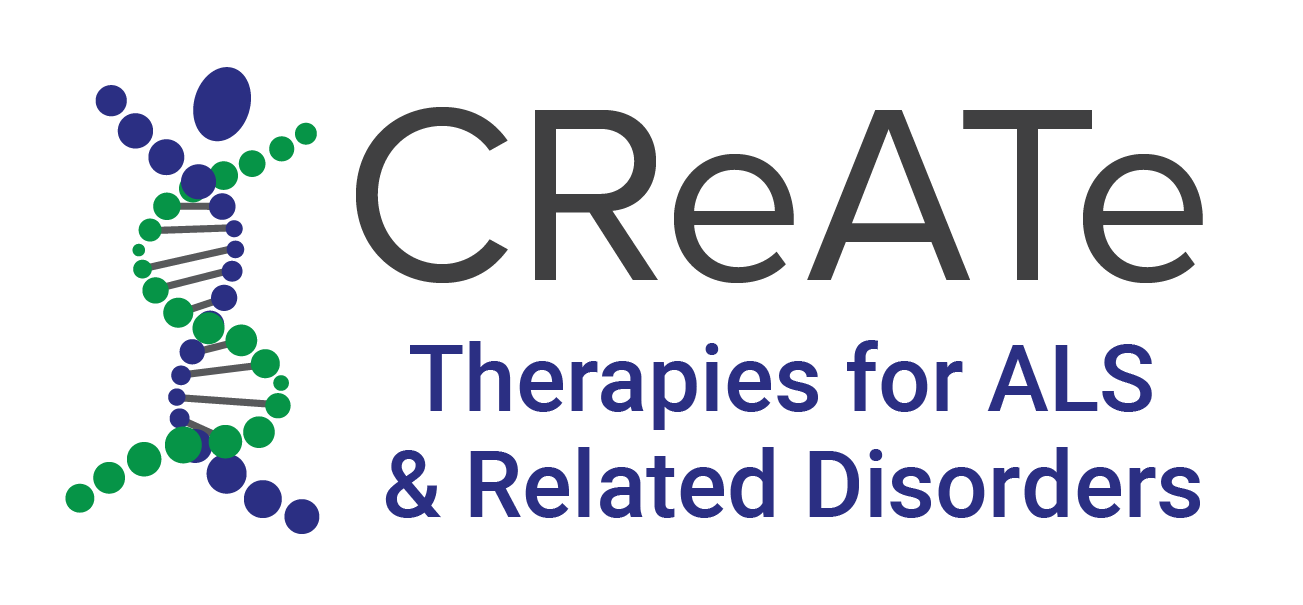Diseases Studied
Amyotrophic Lateral Sclerosis (ALS)
Amyotrophic lateral sclerosis (ALS), also referred to as Lou Gehrig's disease, is a progressive neurological disorder affecting both upper and lower motor neurons. Upper motor neurons are located in the brain's motor cortex, while lower motor neurons are found in the brainstem and spinal cord. With degeneration of these motor neurons, patients with ALS experience progressive weakness of the arms and legs, as well as difficulty with speech, swallowing, and breathing.
Learn More from GARDHereditary Spastic Paraplegia (HSP)
Hereditary spastic paraplegia (HSP) is a rare genetic disorder that affects the nervous system, particularly the upper motor neurons, and primarily manifests in the legs. It is characterized by progressive stiffness and weakness in the muscles of the lower limbs, resulting in a condition known as spastic paraplegia. "Hereditary" indicates that the condition is passed down through families due to a gene mutation. HSP can be inherited in different ways, depending on the specific gene involved, including autosomal dominant, autosomal recessive, or X-linked patterns.
Learn More from GARDPrimary Lateral Sclerosis (PLS)
Primary lateral sclerosis (PLS) is a rare neurological disorder that affects the upper motor neurons in the brain and spinal cord. Unlike amyotrophic lateral sclerosis (ALS), which affects both upper and lower motor neurons, PLS primarily involves the upper motor neurons. The symptoms of PLS usually begin with muscle stiffness, especially in the legs, which can affect walking and balance. As the condition progresses, other areas of the body, such as the arms and face, may also be affected. Speech and swallowing difficulties can occur in some cases.
Learn More from GARDProgressive Muscular Atrophy (PMA)
Progressive muscular atrophy (PMA) is a rare neurological disorder that primarily affects the lower motor neurons in the spinal cord. Unlike amyotrophic lateral sclerosis (ALS), which affects both upper and lower motor neurons, PMA primarily involves the lower motor neurons. The hallmark symptom of PMA is muscle weakness, typically starting in one region of the body, such as the hands or feet, and gradually spreading to other areas.
Frontotemporal Dementia (FTD)
Frontotemporal Dementia (FTD) is a relatively rare form of dementia that primarily affects the frontal and temporal lobes of the brain. FTD is characterized by changes in behavior, personality, and language skills. The symptoms can vary depending on which area of the brain is primarily affected. In some cases, individuals with FTD may experience significant personality changes, including a loss of empathy, decreased inhibitions, and socially inappropriate behaviors. They may also have difficulty with decision-making, problem-solving, and organizing tasks. Language problems are another common feature of FTD. Some individuals may struggle to find the right words or understand and comprehend language. They may also have difficulties with speech and producing coherent sentences.
ALS-FTD
ALS-FTD: There is a recognized overlap between ALS (amyotrophic lateral sclerosis) and FTD (frontotemporal dementia). Both ALS and FTD are neurodegenerative disorders that involve the progressive degeneration of nerve cells in the brain. In fact, ALS and FTD are now considered part of a spectrum of diseases called ALS-FTD spectrum or ALS/FTD continuum. In addition to their phenotypic overlap, ALS and FTD share both genetic and pathological characteristics, with a repeat expansion in C9ORF72 causing both ALS and FTD; and abnormal aggregates of the protein TDP-43 commonly found in both disorders.
Multisystem Proteinopathy (MSP)
Multisystem proteinopathy (MSP) is a term used to describe a group of rare neurodegenerative disorders characterized by the accumulation of abnormal proteins in multiple organ systems including the brain, bone and muscle. MSP conditions include diseases such as inclusion body myopathy (IBM), Paget's disease of bone (PDB), amyotrophic lateral sclerosis (ALS), and frontotemporal dementia (FTD). Since MSP affects multiple systems in the body, patients with MSP may experience a wide range of symptoms, depending on which organs or tissues are affected, including muscle weakness, bone deformities, cognitive decline, language difficulties, and behavioral changes.

